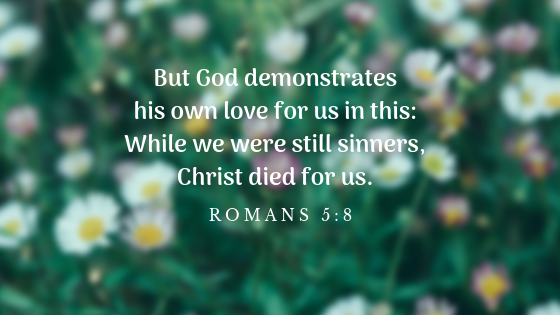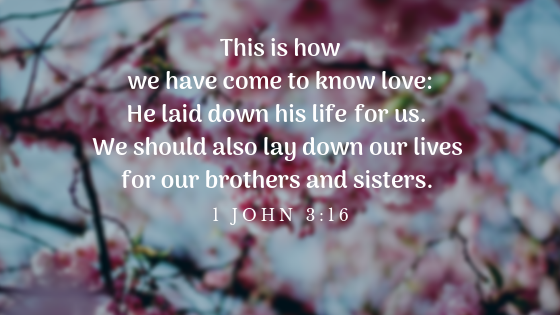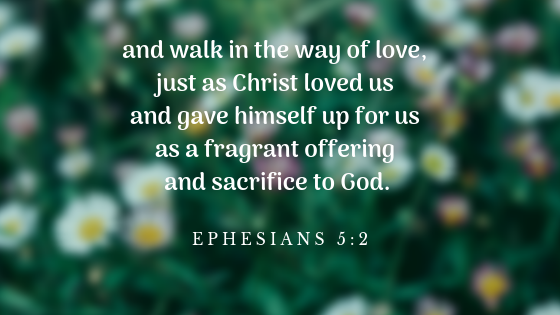Last week, I began a series on how spiritual disciplines become spiritual graces.Today, we look at Bible reading, the beginning place of spiritual graces.
What’s so hard about reading the Bible?
The Bible itself promises us that we will be transformed by reading, meditating, praying, and discussing it (Deuteronomy 8:3; Hebrews 4:12). Yet, Bible reading is probably the spiritual grace Christians struggle with the most. Why?
Two main reasons we struggle are…
- our worldly selves are more comfortable with the quick-fix, self-promotional stories culture tells. Guess what? The evil one wants to keep it that way!
- Or, we really really do want to start reading our Bibles more, but we just don’t know how to go about it. Let me tell you a little story to illustrate.
A story to illustrate…
Every fall, I used to decide to improve my photography skills. I have a nice camera, but it often sits quietly, sadly on my shelf. It has lost its capacity to make dangerous discoveries of God’s exotic world, simply because I don’t touch it.
Usually, I would say, “Okay, I’m really going to do it this time.” I would get out my books about photography, maybe even take part of an online course. Before I knew it, my mind was on overload with all the things to know about apertures, shutter speeds, and ISO’s. By the time I went to take a photograph, I was so paralyzed, I could hardly hold the camera.
Then one year, I did something different. I asked my husband, who is a semi-pro photographer (as in, it’s not his day job, but it could be), to give me some assignments. He watched and taught me as I put on the correct lens and placed the camera on the tripod. Once I was ready, questions answered, he led me to the yard and told me to take pictures of one flower from different perspectives. Later, we discussed it, and I came to understand more about photography.
The point is…
Bible reading doesn’t have to overwhelm you!
I hope these suggestions will get you started, not bog you down with too much information. Today’s post will focus on (ha, get it!) choosing a camera and knowing a little bit about it. Next week, we’ll go out to take some pictures.
1. Learn what the Bible is.
[People] know that God has provided His Word as heavenly food for daily consumption, but morning by morning, as folks wake up to find God’s Word sitting on the chair-side table covered with dust, they wonder: What is it? and What do we do with it?” Jimmy Davis, The Cruciform Life
The Bible is the one true love story.
It tells us who God is and how he’s made the world, including us. It tells us about how Adam and Eve sinned, trying to take life into their own hands and do things their way, doubting that God was really good. And it tells us how God loved his creation so much that he sent his holy Son as a divine human to die so that we could live in loving relationship with him and one another again. Every historical account, chronicle, law, poem, and prophecy in the Bible points us to God’s work of redemption and grace.
2. Use a good study Bible.
I know. Lots of people tell us not to read commentaries. I agree that it’s important to read the Bible straight-up, but at times, good notes can help us push past the confusion to learning and living The Story in real life.
Here are several of my favorites:
3. Read in different translations:
You have more opportunities than ever to do this in the age of the internet:
Four good translations for various purposes:
- ESV: a translation that sticks very closely to the original languages while keeping it readable for 21st century readers.
- NIV84: The original New International Version also correlates closely with original languages and is perhaps slightly easier to read than the ESV.
- NLT: This translation is a “dynamic equivalent” — it conveys the tone and sense of the original communicators in a highly readable style.
- The Message: is not a strict translation but is more poetic and like reading a well-written story.
Three places to find these translations:
Ready to practice your Bible reading?
Click on any of the above links, and read John 1:1-5. After reading it, write one short sentence or even a few words about what you read there. You could do that in the comments, somewhere on your phone. Or even on Twitter:-)!
A Prayer about Bible Reading
Lord, we thank you for sharing your majesty, holiness, kindness, and unfailing love with us through your Word. We are awed that as we read, you help us know you better! And that’s not all, as we engage your Scripture, you actually work in us by your Spirit to grow us more and more into the likeness of your Son! Please help us begin good habits of exploring your lovely gift with great joy and deeper understanding. In Jesus’ name, Amen.









